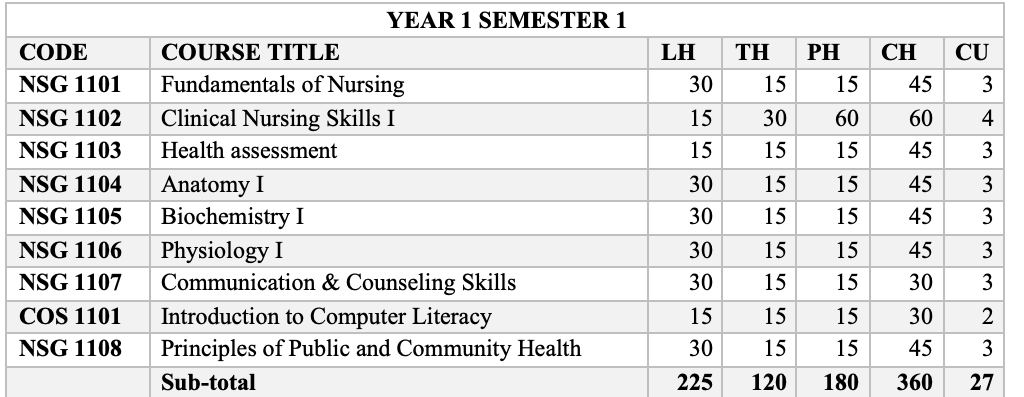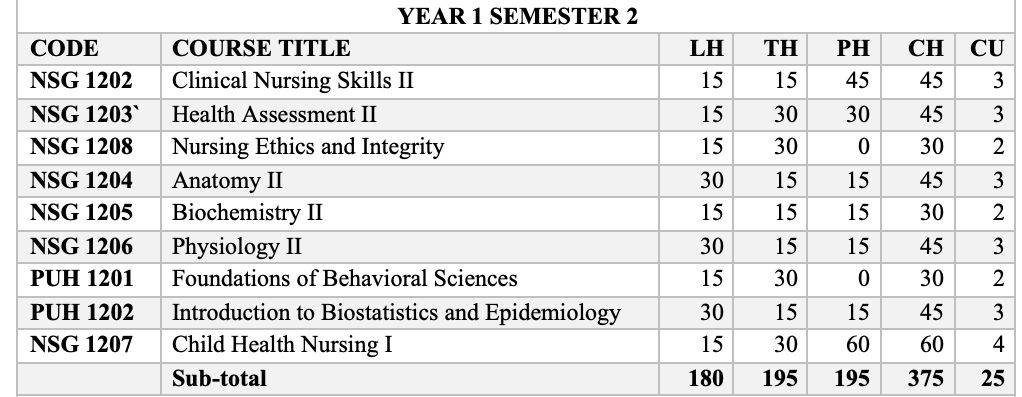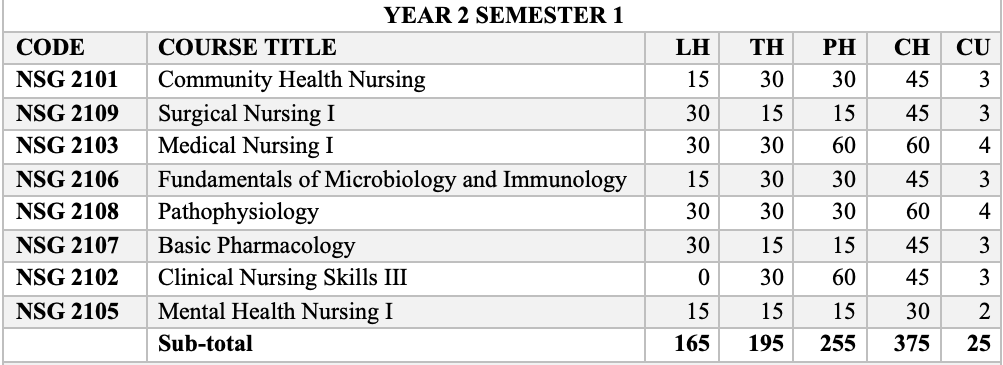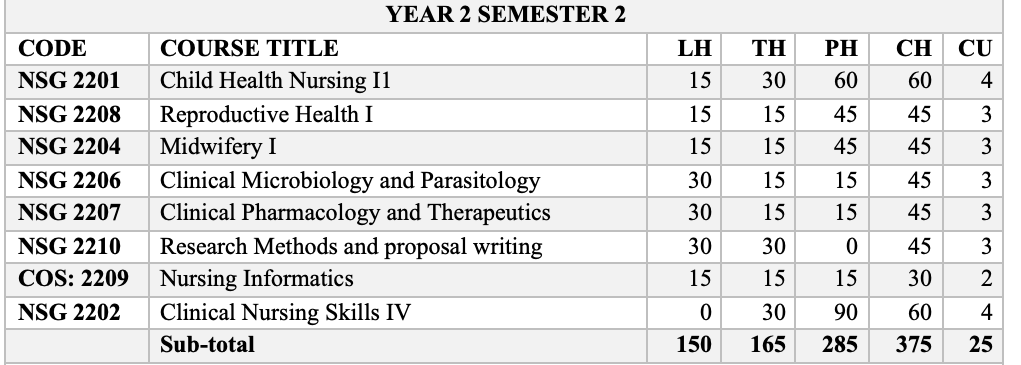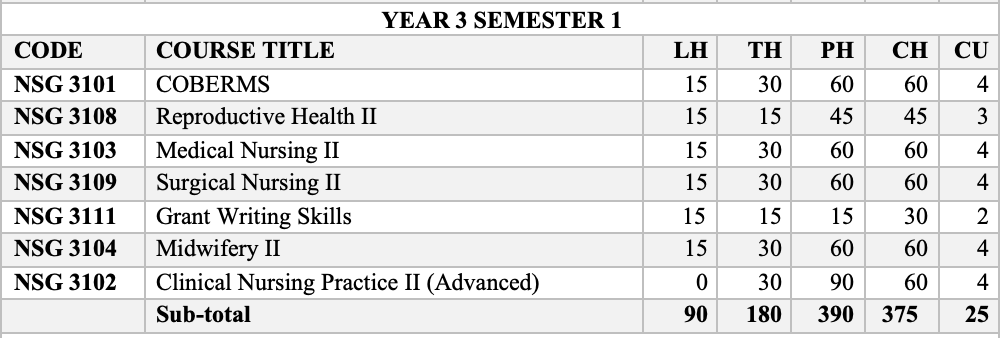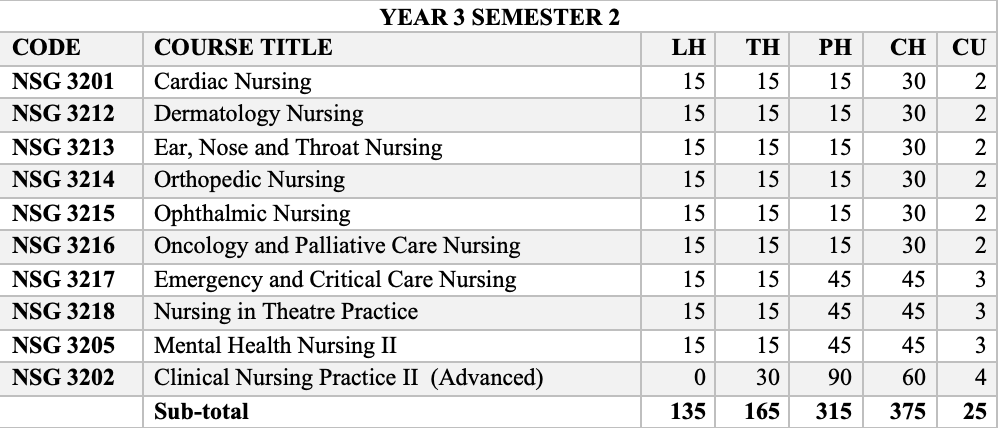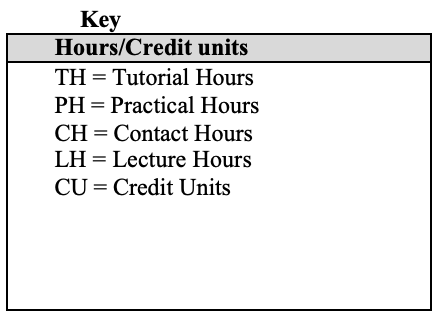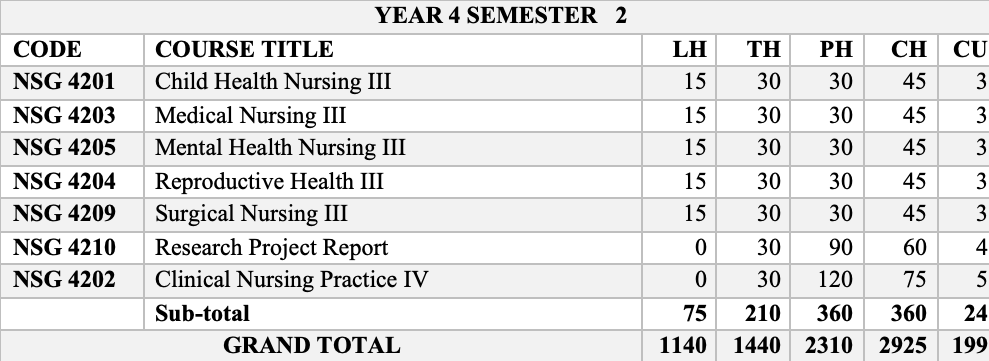
Ignite The Future
The Bachelor of Nursing Science programme philosophy at KCU is to emphasize critical thinking, advocacy, promote disease awareness, good health practice and research. It will support strong family values in the community and the world at large.
The graduate nurse will be able to apply personal experience and contribute to client recovery and wellness, which in turn strengthens the nurse’s commitment to the profession. They will be responsible to provide safe, holistic, patient centered and individualized care with social justice.
This curriculum reflects the International Council of Nurses (ICN) views on nurse education and nursing; meet the accepted standards of nursing practice as set down by the Uganda Nurses and Midwives Council. Related concepts emphasized in the nursing curriculum include evidence-based care, research, ethical decision-making, critical thinking, effective communication, leadership, and management skills.
By the end of the BNS training programme, graduates should be able to;
Target groups
The duration of the BNS degree programme shall extend over a period of not less than four (4) academic years excluding the mandatory supervised integrated practice (Internship 48 weeks) of Ministry of Health. Each academic year shall be divided into two (2) semesters. In this curriculum, a semester shall consist of a period of instruction lasting for sixteen (16) weeks and examination of two (2) weeks. Therefore, the duration of the BNS programme shall be equivalent to eight (8) semesters. At the maximum, the programme shall not extend beyond twelve (12) uninterrupted semesters i.e. without counting officially approved “dead” semesters.
This programme enables the graduate to be registered as a nurse after a successful one year of the mandatory internship pre-registration training organized by the Ministry of Health.
Direct Entry Scheme
National students
In order to be eligible for direct entry into the BNS programme, a candidate must have Sat for the Uganda Certificate of Education (UCE) with credit passes in; Biology, Chemistry, mathematics English and physics.
Two (2) principal passes in Chemistry and Biology in UACE or a Higher Education Certificate in Health Sciences with at least a credit obtained from an accredited programme.
Holders of School Certificate Graded in Percentages and Average Points
In order to be eligible for direct entry into the BNS programme, a candidate whose final high school marks are graded in percentages and average point systems such as in Sudan, Democratic Republic of Congo (DRC), Rwanda and Burundi must have their grades first equated or standardized by Uganda National Examinations Board before seeking KCU admission.
Such a candidate must have sat and passed the high school leaving examinations and obtained at least 55% or Credit 5 in the following Science subjects: Physics, Mathematics, Biology, Chemistry, and English.
Transfer from BNS or equivalent programmes of other Institutions
Any candidate seeking admission into the BNS program, who has been attending a similar programme (BNS) in another Institution of higher learning recognized by NCHE;
In both situations, each candidate shall produce the following documents before he/she is considered;
International Applicants
At the completion of the BNS training programme, graduates should be able to;
Tuition fees for privately sponsored students shall be **** USD per semester. All students are required to pay other functional and non-functional fees as may be defined on admission.
The BNS degree curriculum is organized into courses taught in eight (8) semesters over a period of four years. The credit unit of each course depicts allocation of time to various curricula activities. The activities and their symbols are as follows: Skills laboratory activities, practical and clinical exposure are shown as PH (Practical Hours); Overview lectures and seminars are shown as LH (Lecture Hours); Tutorials sessions are shown as TH (Tutorial Hours); and the total contact hours for each course are shown as CH (Contact Hours).
